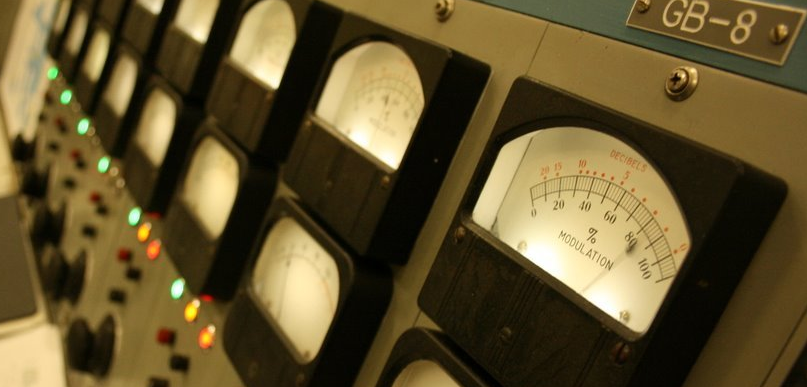It's very easy to contribute to the Shortwave Radio Audio Archive. We do have a few simple guidelines that make organizing and posting recordings easier.
Recordings
- Upload your recording (either .MP3 or .WAV) to Archive.org. We will only use the MP3 recording in our podcast, but feel free to keep a .WAV file on Archive.org if you wish.
- Whenever possible, MP3 recordings should have a bit rate of 128 kbps and recorded in mono. Though a higher bit rate means less compression, it also equates to a larger file size not ideal for podcasting.
- If possible, all recordings should be made in MONO. Stereo recordings are two times larger than mono recordings and do not add to the fidelity. Exceptions to this are AM stereo recordings.
- Radio recordings should be made with a direct "line in" connection from radio to recorder. Creating recordings with a microphone placed in front of the radio speaker is never optimal, and this method should not be employed unless there is no other recording option, and the audio happens to be highly original (such as a one-time live broadcast).
What kind of broadcasts?
We accept a wide variety of shortwave radio recordings:
- International broadcasts (BBC, VOA, Radio Australia, AIR, NHK, KBS, RFI, etc.)
- Propaganda stations
- Clandestine stations
- Pirate radio stations
- Numbers stations
- Small, independent broadcasters
- Utility broadcasts
- Military broadcasts
- Band scans
- Original studio recordings (with the permission of the broadcaster)
- Any off air recording of historical interest
Due to limitations of space, we reserve the right to limit content at our discretion. Though we're interested in almost any audio recorded on the shortwave spectrum, keep in mind that many listeners access our audio feed via podcasts. Note that while we cannot add recordings with explicit language–or what may be generally considered "highly offensive" material–to our podcast feed, we can post them as embedded audio on the site itself.
File Naming Convention
In order to make searching through archived files easier, we ask that you name your audio recording files with the following simple convention:
NameOfBroadcaster-FrequencyInMHz-DayMonthYear-StartingTimeInUTC.mp3
For example:
RadioAustralia-9.58MHz-01May2013-0800UTC.mp3
or
VoiceOfGreece-9.42MHz-21June2010-2200UTC.wav
Uploading to Archive.org
Archive.org is a non-profit organization with a mission to digitally archive audio content. We use Archive.org as additional off-site storage area for our audio files, in order to duplicate them. While the Shortwave Radio Audio Archive stores your .MP3 recordings on our servers, having the original .WAV and .MP3 files on Archive.org, too, means that all recordings are backed up and professionally archived in not one, but two places, thus better ensuring their longevity. In addition, storing files on Archive.org makes it easier for you to send your file to us; instead of sending a large file attachment in an email message, you can simply send us a link to your downloadable recordings on Archive.org.
If you've never uploaded a file to Archive.org, you will need to create an account with them; it's very easy and completely free. Simply click the "UPLOAD" button on the front page, and you will be guided through the steps for uploading a file.
Submitting your recording to the Shortwave Radio Audio Archive
Simply go to our submission form, fill in the pertinent information with a link to your Archive.org recording, and click "submit."
Questions?
If you have any questions about the Shortwave Radio Audio Archive, please contact us. We will respond as soon as possible.




